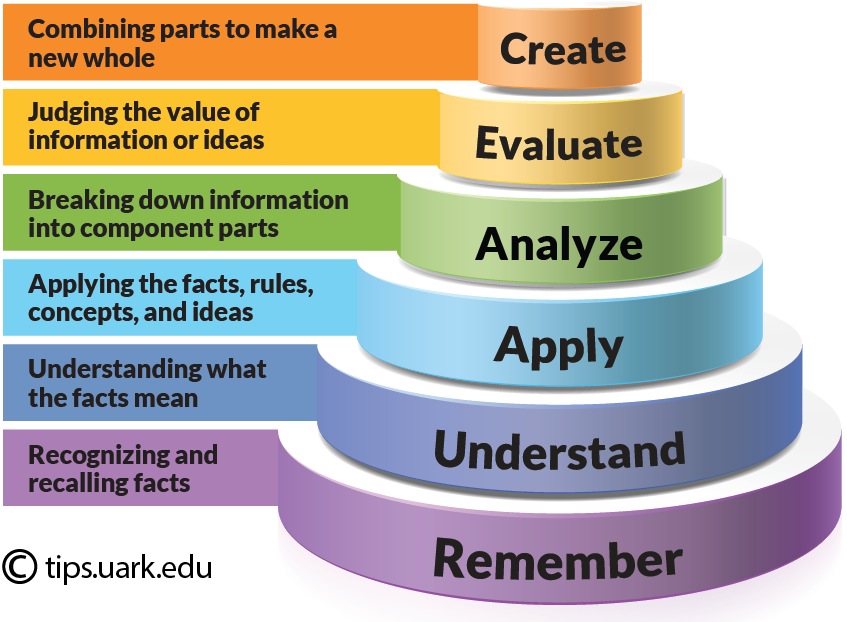Working with Competences in the ESL/EFL Classroom (Session 3}
Working with Competences in the ESL/EFL Classroom
There are two types of competences that students may have. So, teachers should develop a lesson plan regarding to the previous knowledge of the srudents already have. The first one is generic competence, What does it mean? This is relate to students who have an innate ability of something or we can say a talent of a specific task. for instance, playing the piano or singing songs. It is mean to perform an action or function properly or successfully also it is called as basic competence.
The second one is the disiplinary competencies where students learn what they need in a course, or in a life. So, if we talk about in learning a second language. students should learn the basic macro skills such as listening, reading, speaking and writing in a real setting. therefore, teacher must develop a good curriculum by showing grammar rules, pronunciation, and techniques for reading. in other words students learn how to perform a task by using the target language.
Teachers need to implement the curriculum based on Bloom's taxonomy on order to structure the class in a critical and intelectual way in order to get better result regarding to learning process, Bloom's taxonomy six level of cognitive domain: knowledge, comprehension, application, analysis, synthesis, and evaluation. Each level is described by verbs representing what students should be able to perform in each course or level of the language int a real context by doing a possible situation that a student can face with the target language
The original intent in creating the taxonomy was to focus on the tree major domains: cognitive, affective, and psychomotor. the cognitive domain covered "the recall or recognition of knowledge and the development of intellectual abilities and skills" The affective domain covered "changes in interest, attitudes and values, and the development of appreciations and adequate adjustment. the psychomotor domain "the manipulative or motor-skill area"


Comentarios
Publicar un comentario